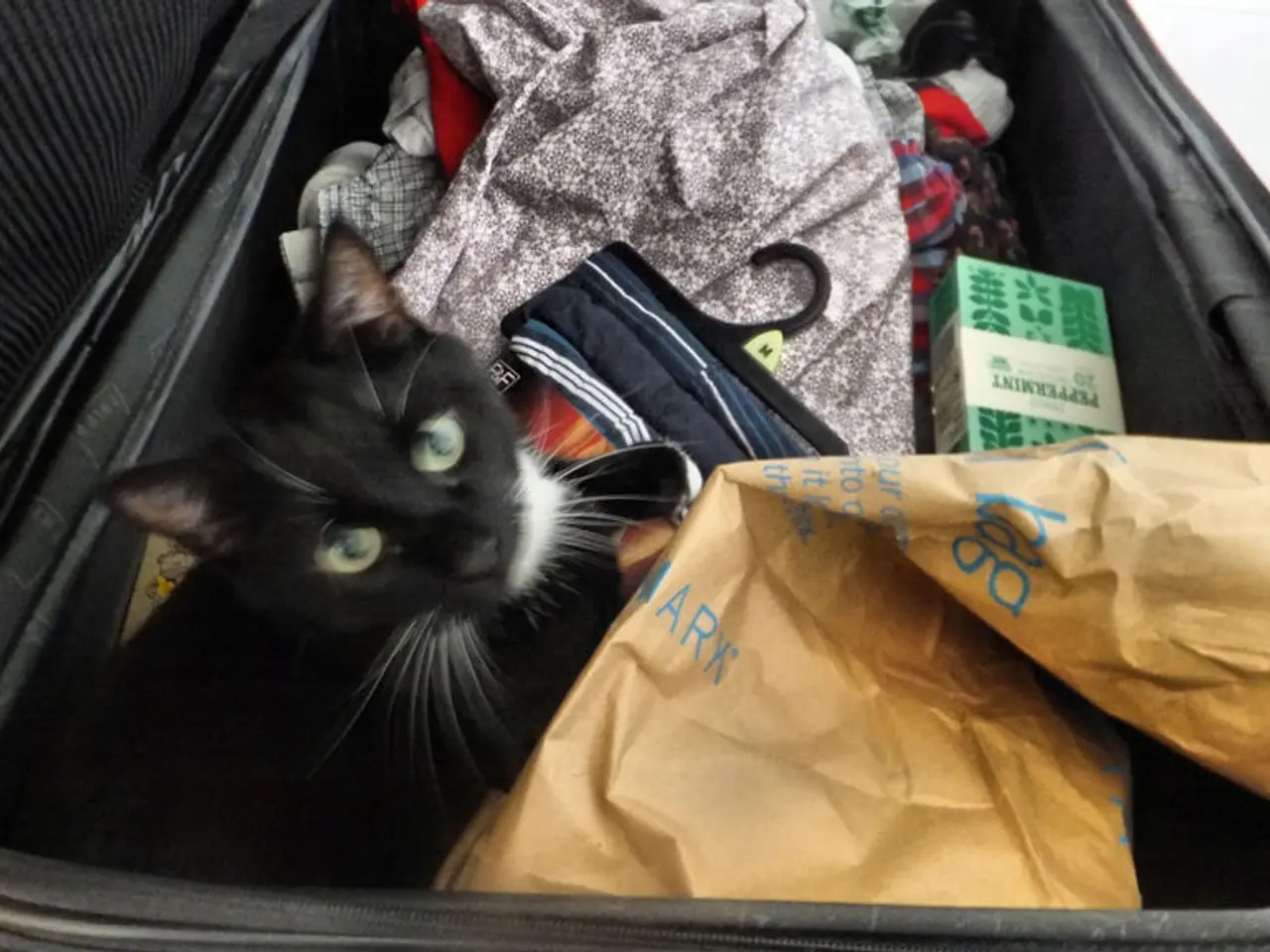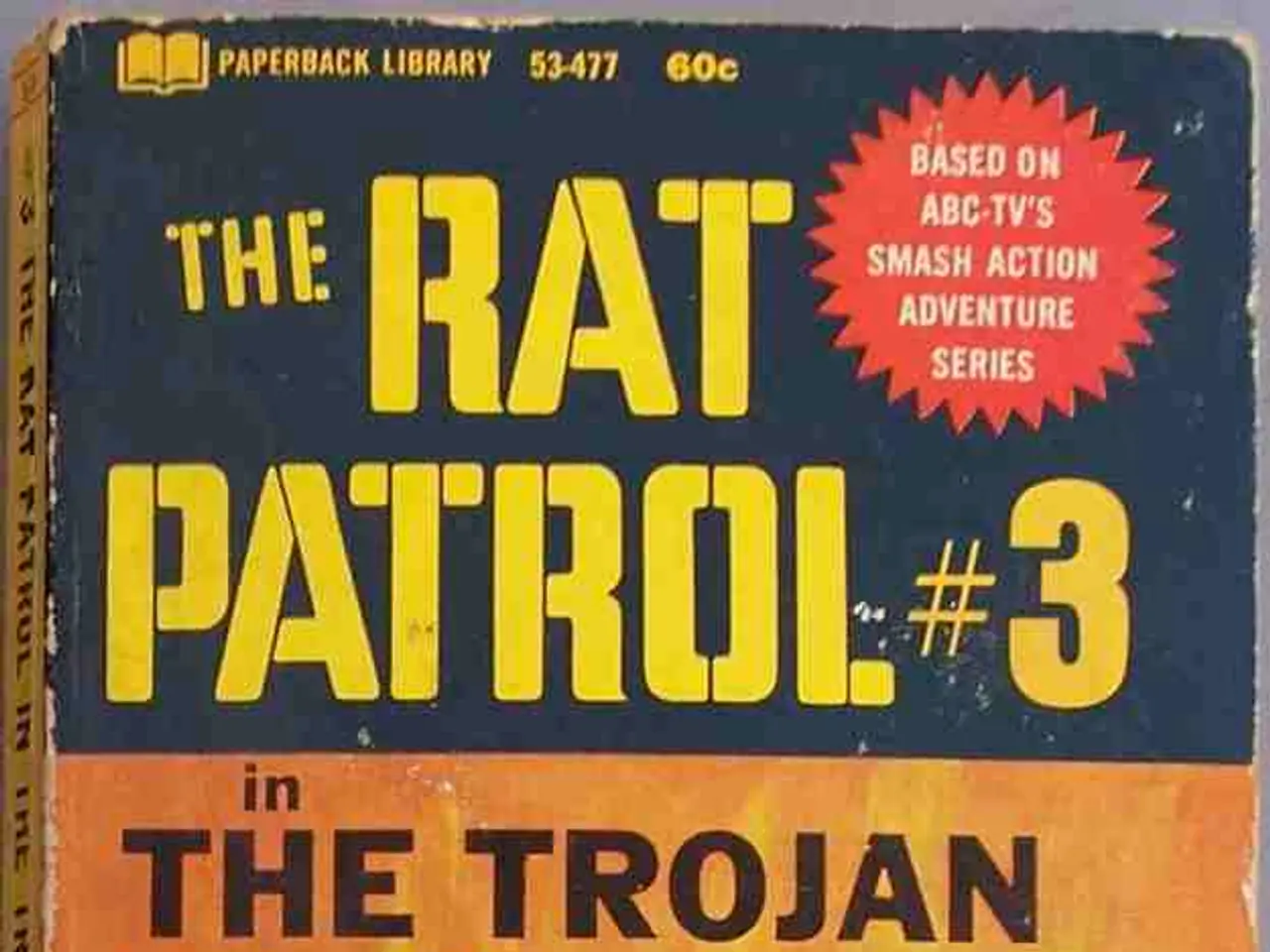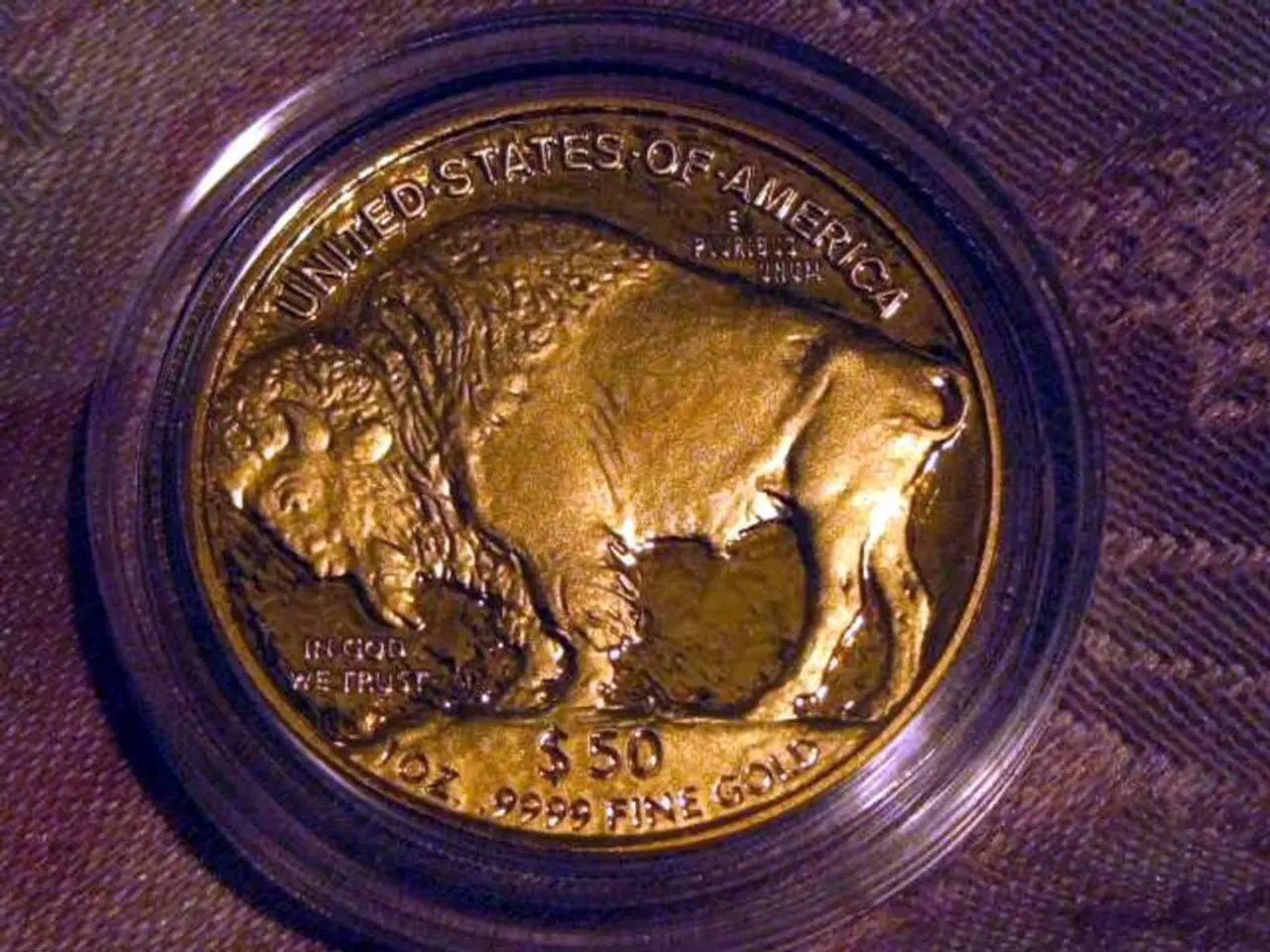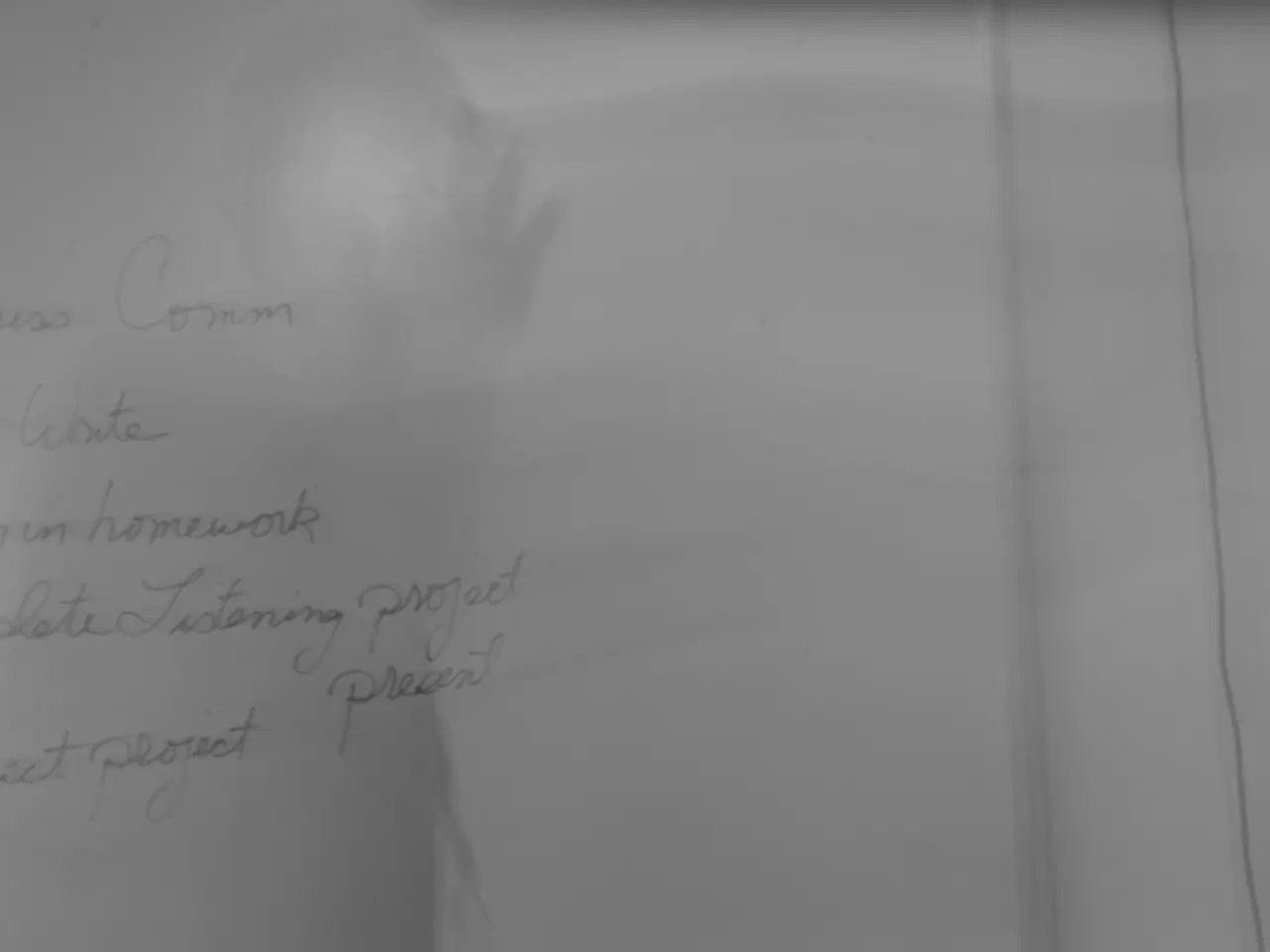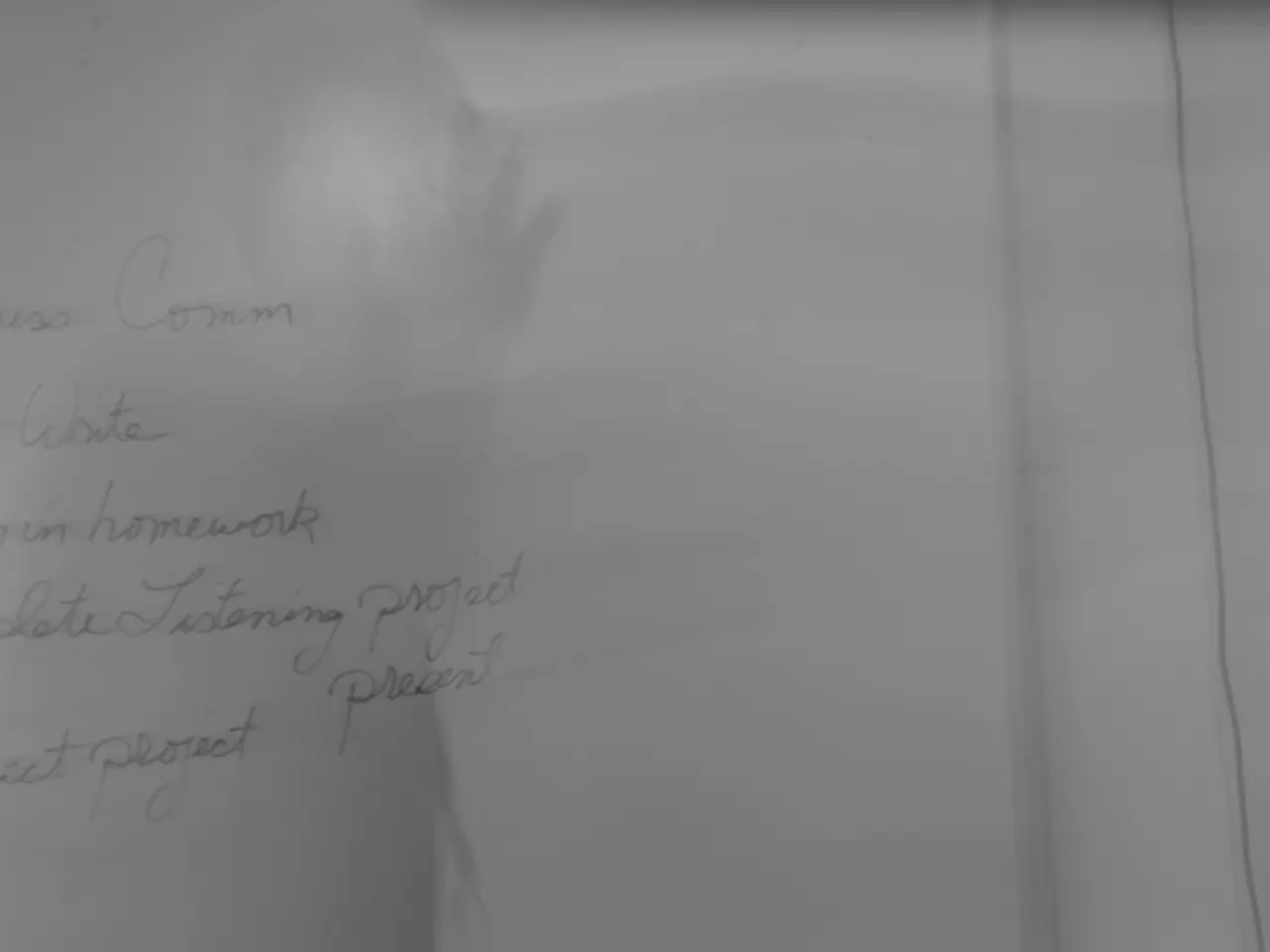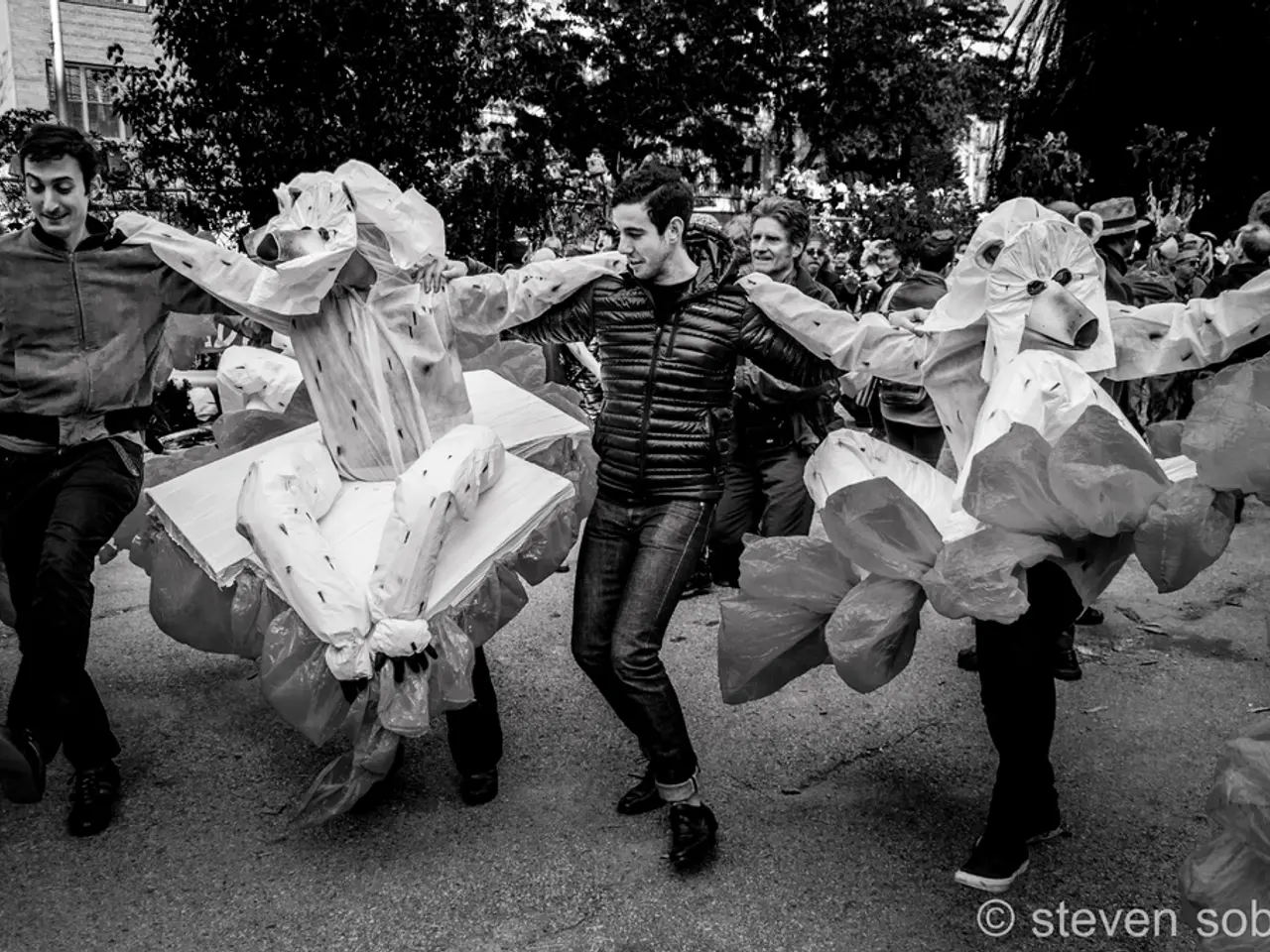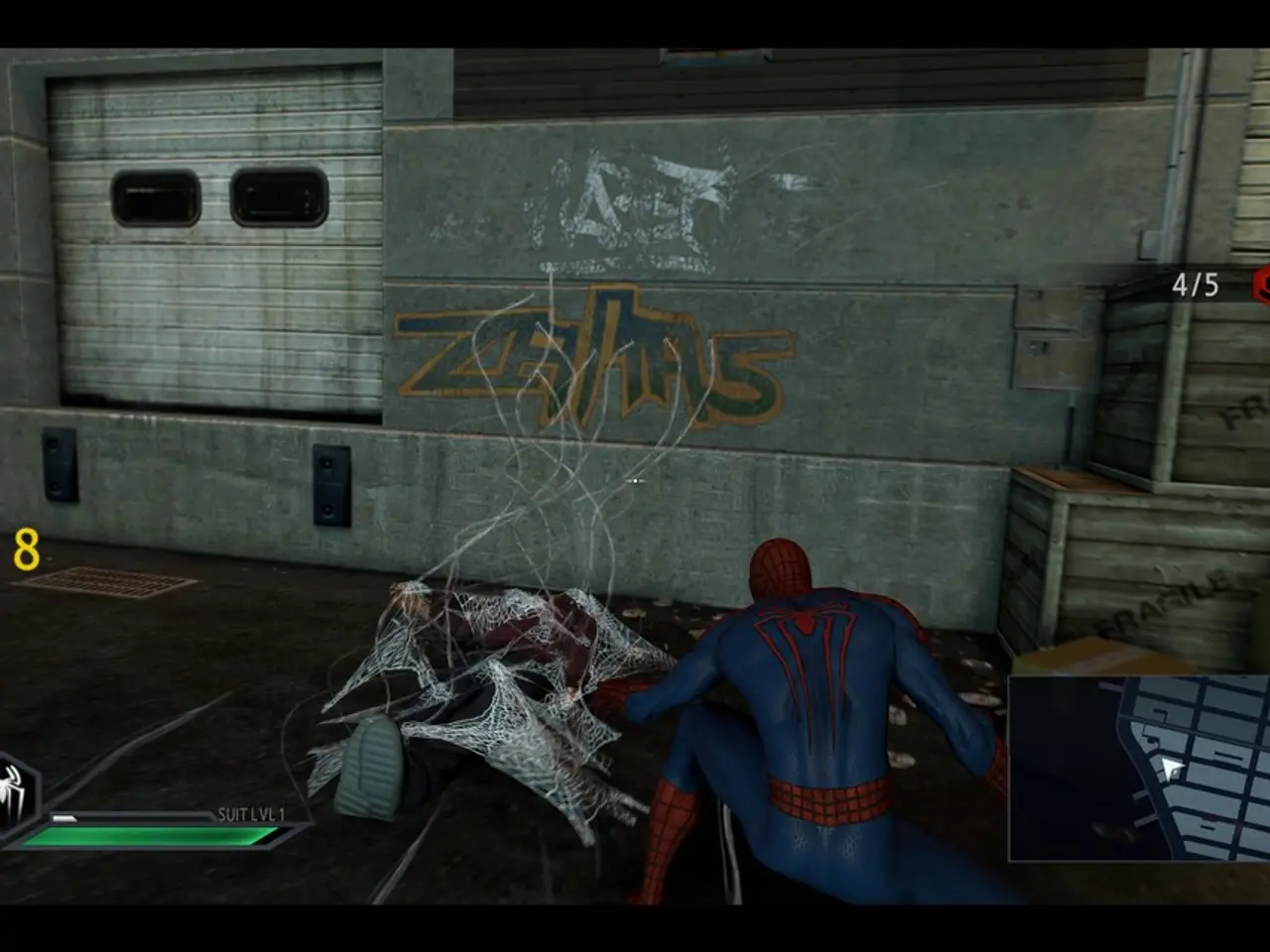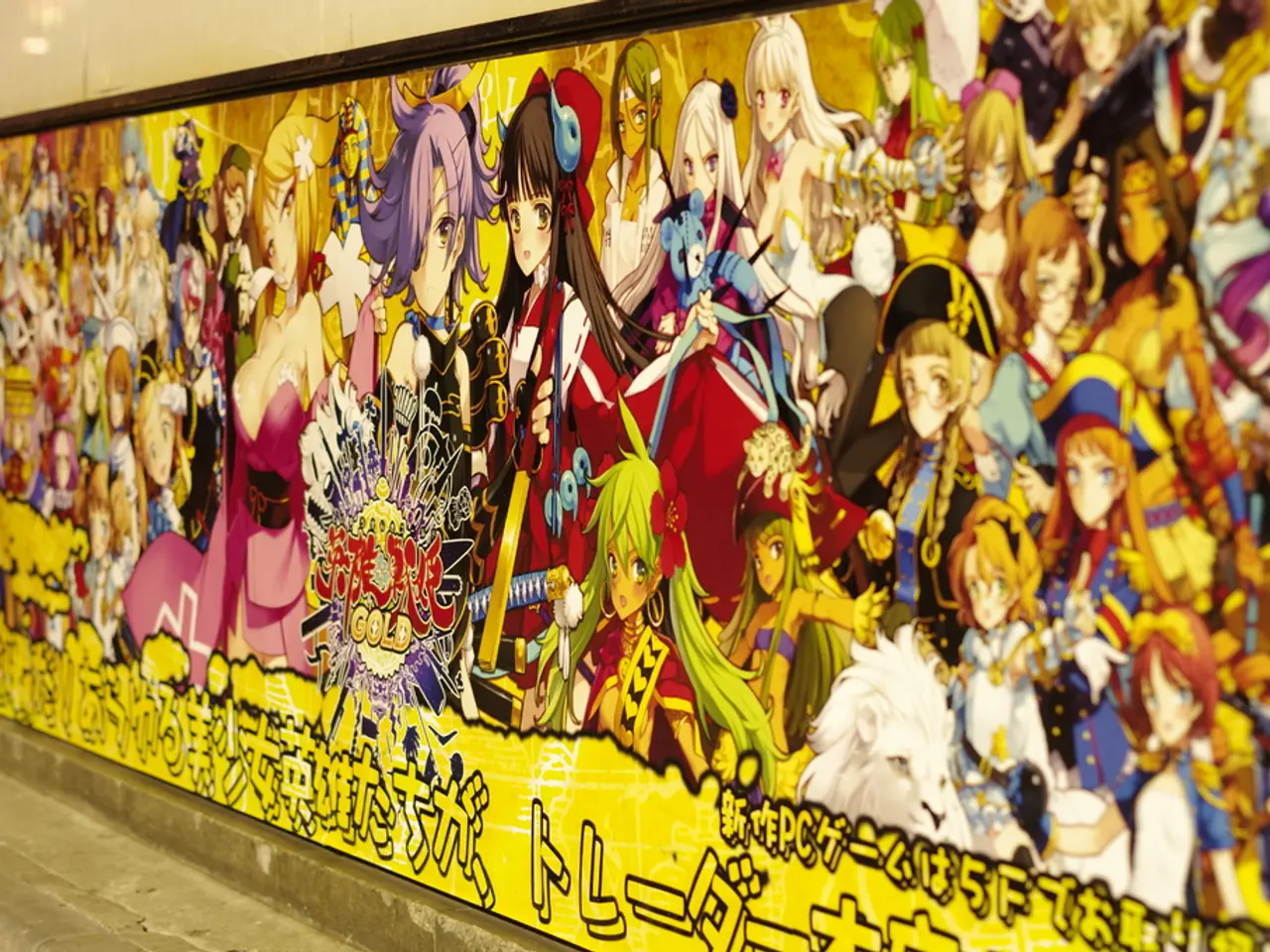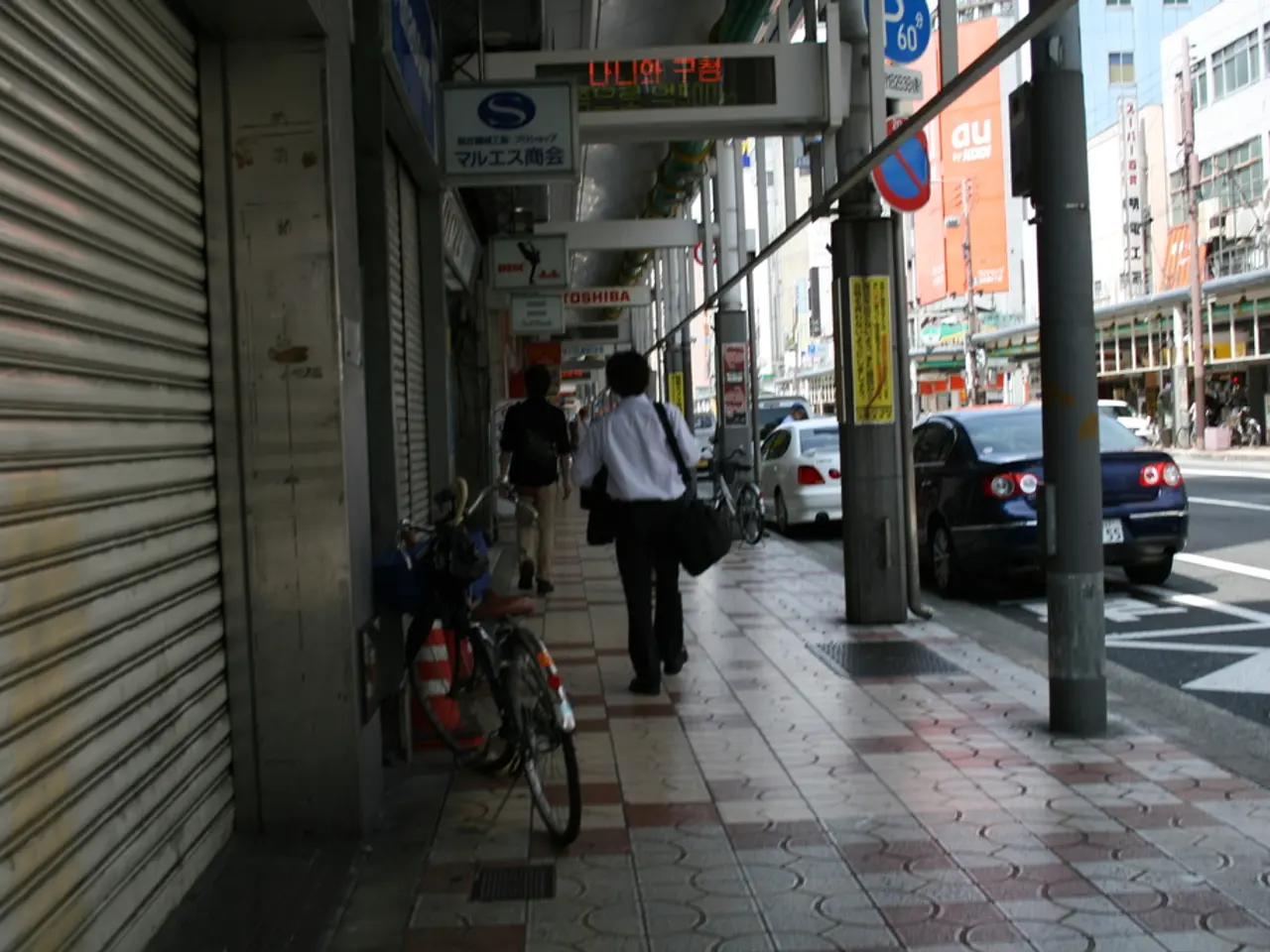struggling nation grapples with Trump tariffs: citizens claim reliability of regulations has vanished
In the heart of Southern Africa, the tiny kingdom of Lesotho is grappling with economic hardships, largely due to tariffs imposed by the United States under former President Donald Trump. Despite a recent postponement of tariffs on EU imports, the tariffs on Lesotho's goods remain in effect, causing significant economic strain.
The textile industry, a major employer in Lesotho, has been particularly affected. With around 12,900 direct workers, mostly women, the sector has seen widespread job losses and economic crisis. This is compounded by simultaneous cuts in U.S. foreign aid, limiting access to vital HIV medication amid one of the world's highest HIV prevalence rates [1].
In response, the government in Maseru is actively seeking alternative trade markets to lessen dependence on the U.S. textile sector. The need to diversify exports and find new trade partners is urgent, as the tariffs have led to numerous factories closing and many companies pulling out or putting planned investments on hold [2].
Originally, the tariff on Lesotho's goods was discussed to be 50%, but Trump eventually imposed a 15% tariff. This rate, while lower than some other countries, such as Kenya's 10%, still poses a significant challenge for Lesotho's economy, which is heavily dependent on the textile industry and exports to the USA [3].
The postponement of tariffs on EU imports by Trump, originally scheduled for the 1st of August, was intended to give traders, customs officials, and customers more time to prepare. However, this postponement does not affect the situation in Lesotho, as the tariffs on their goods remain in effect [4].
The tariffs have caused international tensions and have been justified by Trump, who cites allegedly unfair trade conditions, specifically Lesotho's tariff on American goods, which he claims is almost 100% [5]. However, it is important to note that the actual tariff rate on American goods in Lesotho is not set by Lesotho itself, but by the Southern African Customs Union (SACU) [6].
In a bid to cope with the economic disruption, the government in Maseru is focusing on finding new markets outside of the US. After the first mass layoffs, the government declared a state of emergency [1]. The government is now looking towards Africa and Asia to partially stabilize the economy, seeking new sales markets to protect jobs and sustain the vulnerable economy [2].
Despite these efforts, the economic impact of the tariffs continues to be felt. The magazine "The Frontier Report" has reported on the government's declaration of a state of emergency, and the ongoing struggles of the Lesotho people [7]. The urgent need for Lesotho to explore other international trade opportunities to sustain its economy and protect its citizens from further hardship cannot be overstated.
[1] The Frontier Report, "Lesotho Declares State of Emergency Amidst Economic Crisis", [URL] [2] The African Export-Import Bank, "Lesotho's Efforts to Diversify Exports Amidst Tariff Challenges", [URL] [3] World Bank, "Lesotho's Economic Dependence on the Textile Industry and the Impact of Tariffs", [URL] [4] U.S. Trade Representative, "Postponement of Tariffs on EU Imports Does Not Affect Lesotho", [URL] [5] The New York Times, "Trump Justifies Tariffs on Lesotho's Goods", [URL] [6] Southern African Customs Union, "Tariff Rates and Trade Agreements", [URL] [7] The Frontier Report, "Lesotho's Struggles Amidst Tariffs and Aid Cuts", [URL]
- The economic hardships in Lesotho, caused by tariffs on their goods, have led to a focus on policy-and-legislation aimed at diversifying exports and finding new trade partners, asseen in "The African Export-Import Bank, 'Lesotho's Efforts to Diversify Exports Amidst Tariff Challenges', [URL]".
- The crisis in the textile industry, a major sector in Lesotho, has been exacerbated by war-and-conflicts such as tariffs, resulting in widespread job losses and economic crisis, as detailed in "World Bank, 'Lesotho's Economic Dependence on the Textile Industry and the Impact of Tariffs', [URL]".
- Crime-and-justice issues have arisen due to car-accidents, which may have increased as a result of economic hardships and job losses, although specific data on this is not provided in the given text.
- General-news sources such as "The Frontier Report" have reported on the political repercussions of the tariffs on Lesotho's goods, including the declaration of a state of emergency and ongoing economic struggles, as seen in "The Frontier Report, 'Lesotho Declares State of Emergency Amidst Economic Crisis', [URL]" and "The Frontier Report, 'Lesotho's Struggles Amidst Tariffs and Aid Cuts', [URL]".
